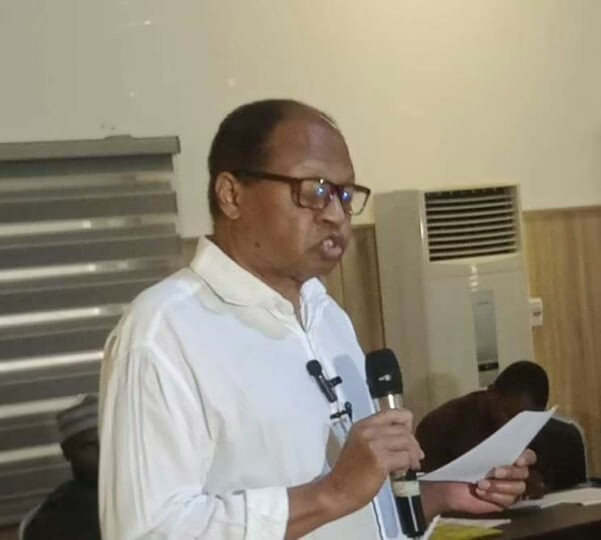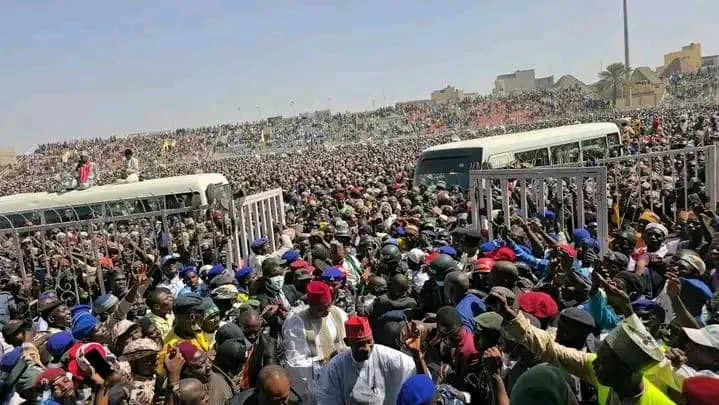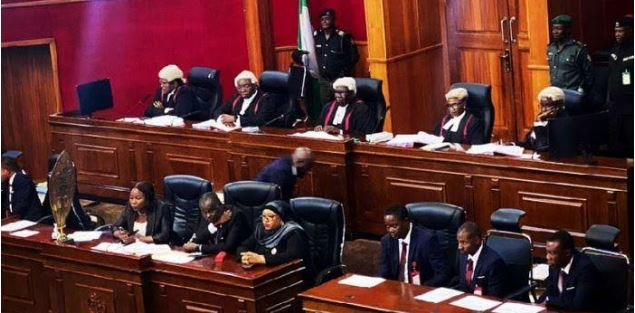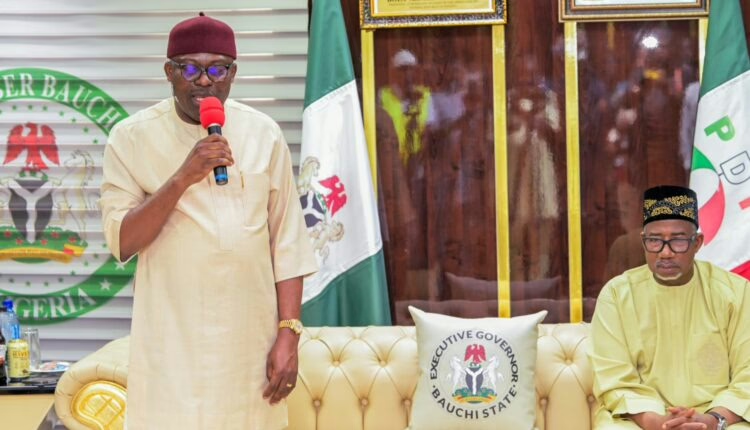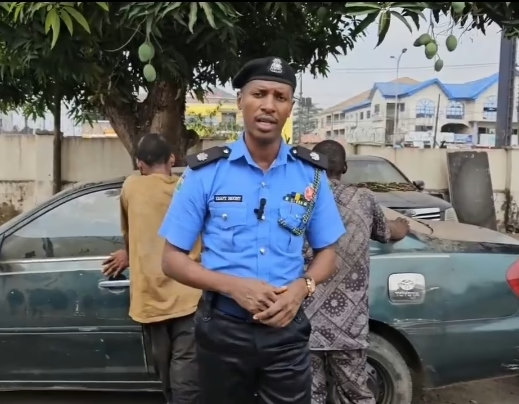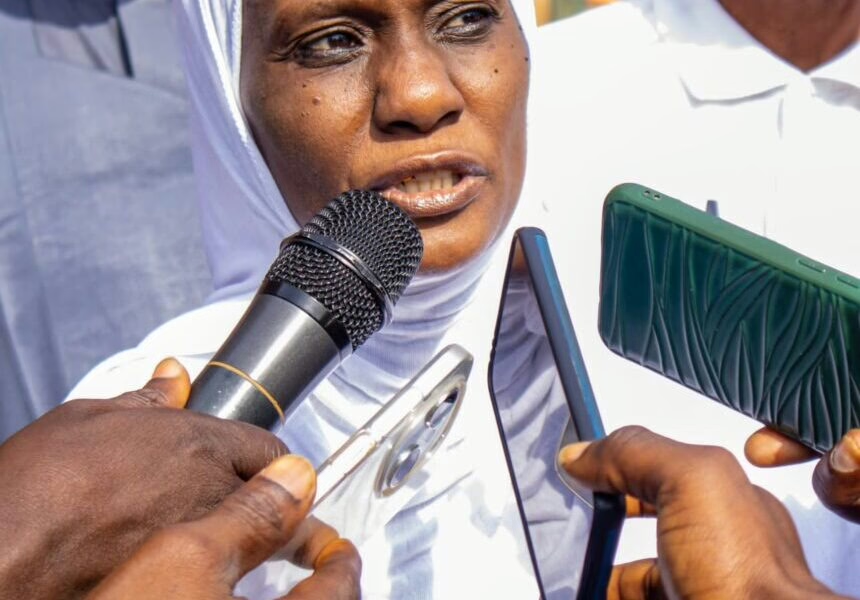Kano tops Northwest in out-of-school children, says UNICEF
Farah
Published By: Kazeem Ugbodaga
By Maduabuchi Nmeribeh/Kano
The United Nations Children’s Fund (UNICEF) has expressed grave concern over the alarming number of out-of-school children in Kano State, placing the figure at nearly one million.
The Chief of UNICEF Field Office in Kano, Rahama Rihood Mohammed Farah, disclosed this during a press briefing to mark the International Day of Education (IDE).
Farah explained that the Northwest region of Nigeria records the second-highest rate of out-of-school children nationwide, with Kano, Jigawa, and Katsina states contributing significantly to this crisis.
He noted that there are approximately 10.2 million out-of-school children of primary school age in Nigeria, with 16 per cent of this number coming from Kano, Jigawa, and Katsina states.
Kano alone accounts for 989,234 out-of-school children, while Katsina and Jigawa have 536,112 and 337,861 respectively. Farah added that in Kano, 32 per cent of primary school-age children are not attending school.
Farah further emphasised that even for children fortunate enough to be enrolled in school, the quality of education remains a serious concern.
He highlighted findings from the Multiple Indicator Cluster Survey (MICS 2021), which revealed that only one in four Nigerian children aged 7-14 years can read and understand a simple sentence or solve basic arithmetic problems.
The situation in Kano, Jigawa, and Katsina states is even more troubling. Tests conducted by the Federal Ministry of Education in 2022 showed that foundational learning rates in these states are extremely low.
In Jigawa, only 2 per cent of primary school learners possess foundational reading skills, with less than 1 per cent demonstrating numeracy skills.
- Kano anti-graft agency goes after land racketeers, arrests suspects
- Bird flu hits Kano, chickens die in dozens
- Tinubu: I’m committed to returning out-of school children to classrooms
While Kano’s figures are slightly better, with 9.6 per cent reading proficiency and 11.2 per cent numeracy, they remain far below the national averages of 26 per cent and 25 per cent, respectively.
He lamented that the education sector continues to face funding challenges, despite recent improvements in budgetary allocations, particularly in Kano and Jigawa, which have exceeded UNESCO benchmarks.
However, he noted that actual fund releases and expenditures have fallen short, hindering progress in addressing the crisis.
Farah also discussed UNICEF’s efforts to improve the situation, including supporting cash transfers to enable vulnerable families to send their children to school.
He explained that UNICEF has been partnering with communities, traditional leaders, and decision-makers to launch enrollment drives that have successfully brought many children into school.
In Jigawa, collaboration with the State House of Assembly led to the enrollment of hundreds of children.
UNICEF has further provided grants to schools to enhance access to inclusive education and trained 290 Mallams and Qur’anic school proprietors in Kano and Jigawa to implement an integrated basic education curriculum.
The agency has also engaged young people in environmental initiatives, such as planting hundreds of trees in Jigawa and Katsina, as part of efforts to integrate education with climate action.
Farah reiterated UNICEF’s commitment to tackling the education crisis and called for collective efforts from governments, communities, and development partners to ensure every child has access to quality education.
He stressed that the future of Nigeria depends on sustained investments and a united approach to addressing the challenges in the education sector.

